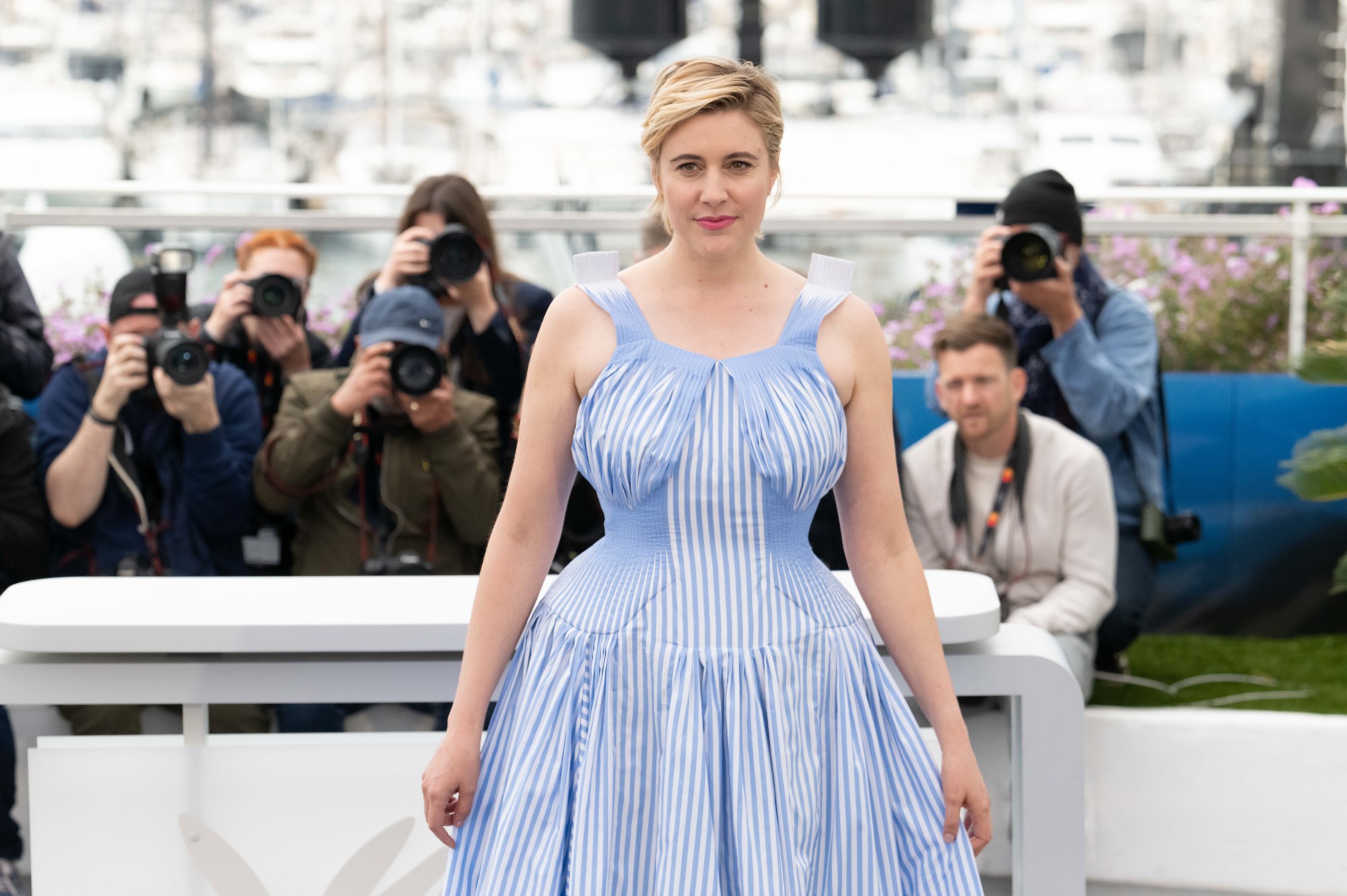
Feminine Lens on Cannes: the Greta Gerwig Jury
The 2024 Cannes Film Festival is poised for a landmark moment with Greta Gerwig taking the helm as the jury president. Her appointment is a powerful statement not just for her career as a director, screenwriter and actress, but for breaking a barrier on gender equality within the festival that, hopefully, will spark a long-overdue shift towards inclusivity.
For decades, the Cannes jury has been dominated by male filmmakers. Gerwig becomes only the second female director, after Jane Campion in 2014, to lead the panel.
In many ways, Cannes sets the stage for awards season buzz as many of the films that do well in the competition often end up appearing in the nominees lists.
The makeup of the jury hasn’t been the only Cannes issue about the treatment of women. The festival has received repeated criticism on the underrepresentation of female directors in competition or leadership roles, to the 2015 scandal on the high heel requirement to walk the red carpet. Which is why having someone of Gerwig’s caliber, especially after the cultural phenomenon “Barbie,” sends a clear message that the festival might be finally willing to change some of its outdated traditions.
“I have seen substantive change in the American film community, and I think it’s important that we continue to expand that conversation. So I think it’s only moving everything in the correct direction. Keep those lines of communication open,” says the director on addressing on how movements like #metoo impacted the industry as a whole, an example that is hopefully replicated at the festival.
Gerwig has an unique way of bringing to life strong female narratives. From “Lady Bird” to “Little Women” and “Barbie,” her films showcase the female experiences with wit, empathy, and a nuanced understanding of womanhood. She has consistently challenged traditional portrayals and empowered female characters which resonates with the current zeitgeist — witness how many people wore pink to see “Barbie” at the cinema. And her perspective could significantly impact the Palme d’Or selection.
“It’s evolving all the time, it’s not something that’s a destination we all reach together. It’s something we keep discussing and figuring out how we want our industry in cinema to be,” she stated.
Throughout the years, the Cannes Film Festival has shown immense power to shape cinematic trends — “artists from all over the world get to say something extremely specific and extremely personal,” says Gerwig. On May 14, the opening day of the fest, she was addressing controversies coming to the surface at the film festival, something fest director Thierry Frémaux is definitely trying to avoid.
Gerwig stated that even if focusing on hot topics of the world is not something intentional from festival organizers, “I think, actually, just the very act of watching cinema and engaging with it seriously is part of the discussion of what’s difficult.”
It is important to highlight that alongside the female director, the task of deciding the Palm D’Or is shared with an impressively diverse jury including filmmakers Kore-eda Hirokazu, J.A. Bayona, Nadine Labaky and Ebru Ceylan; and actors Lily Gladstone, Eva Green, Pierfrancesco Favino and Omar Sy. “I think people in the community of movies telling their stories and changing things for the better is only good,” says Gerwig.
Traditionally, the Palme d’Or award has favored male-directed films with a more masculine focus. However, Gerwig’s influence might encourage a reevaluation of narratives, potentially opening doors to new voices in cinema. By championing diverse voices, the 2024 edition has the potential to be an inflection point to usher in a new era of recognition for female filmmakers and what constitutes an award-worthy narrative.
“It’s evolving all the time; it’s not something that’s a destination we all reach together. It’s something we keep discussing and figuring out how we want our industry in cinema to be,” she explains.
Indeed, Cannes has been around for quite a while. It may be the most traditional major film festival. But that doesn’t mean it cannot change its ways and embrace the pink. And certainly, these changes applied in the Croisette will send ripples all the way to the red carpets of the Golden Globes and beyond.

